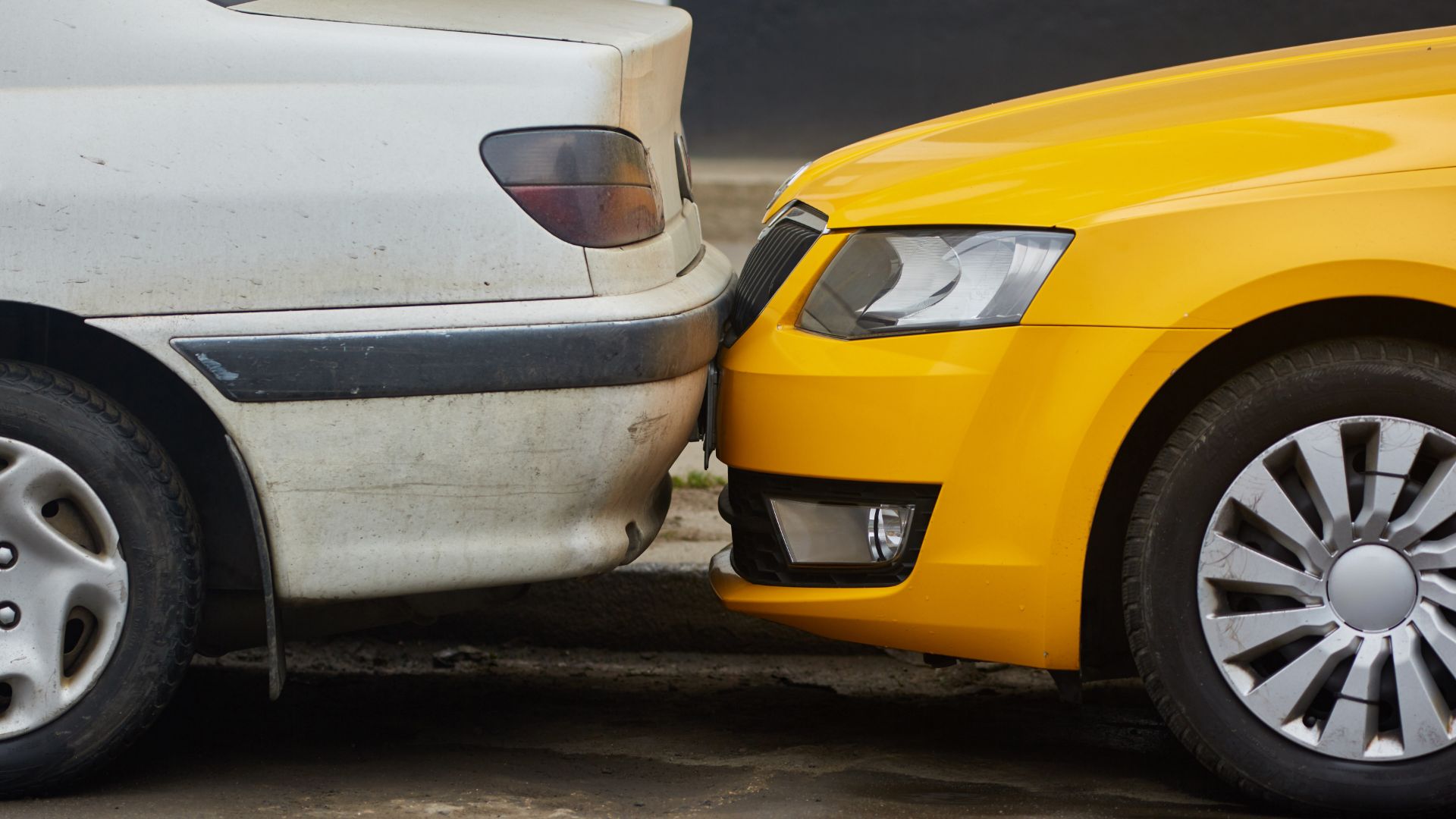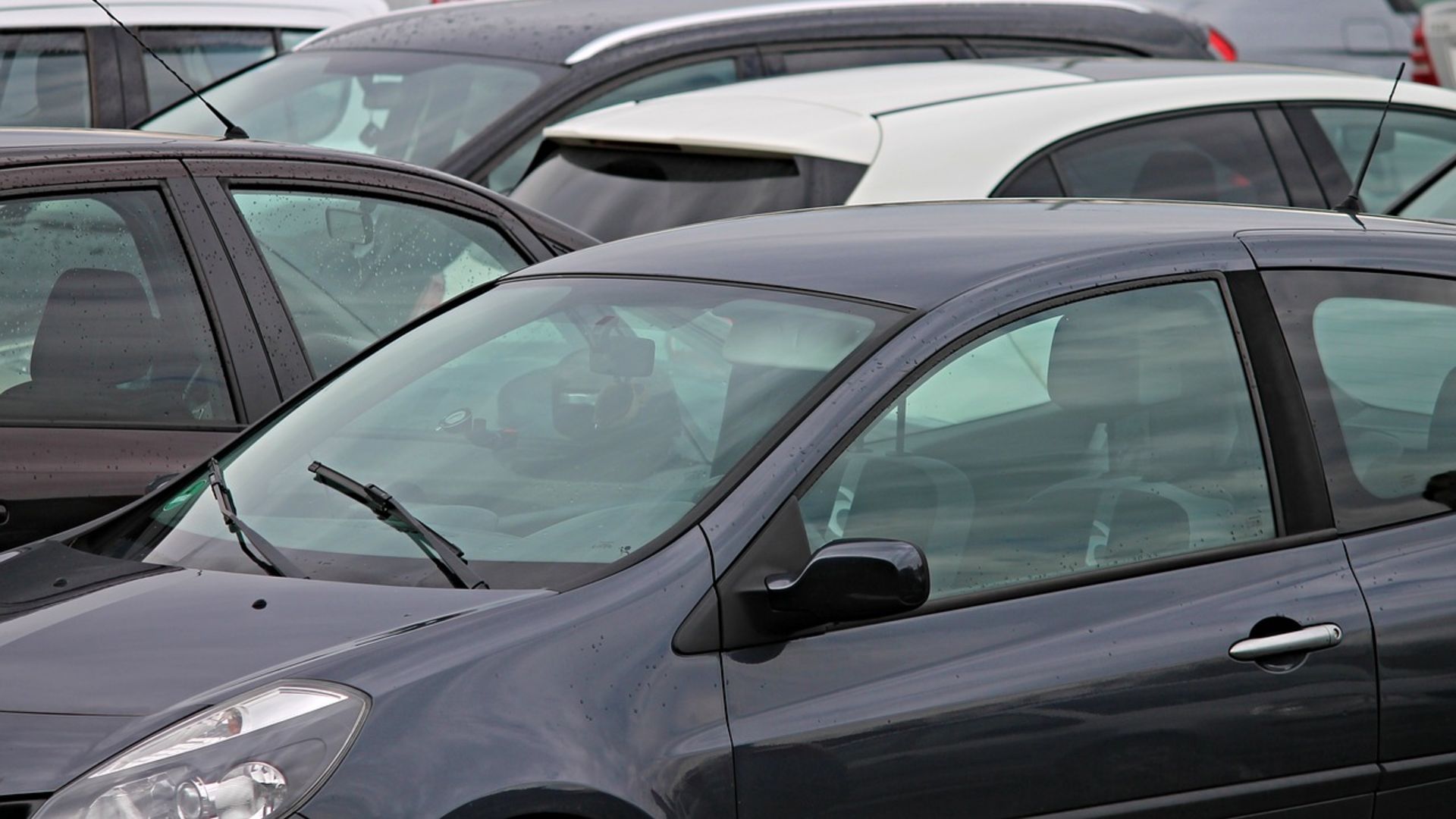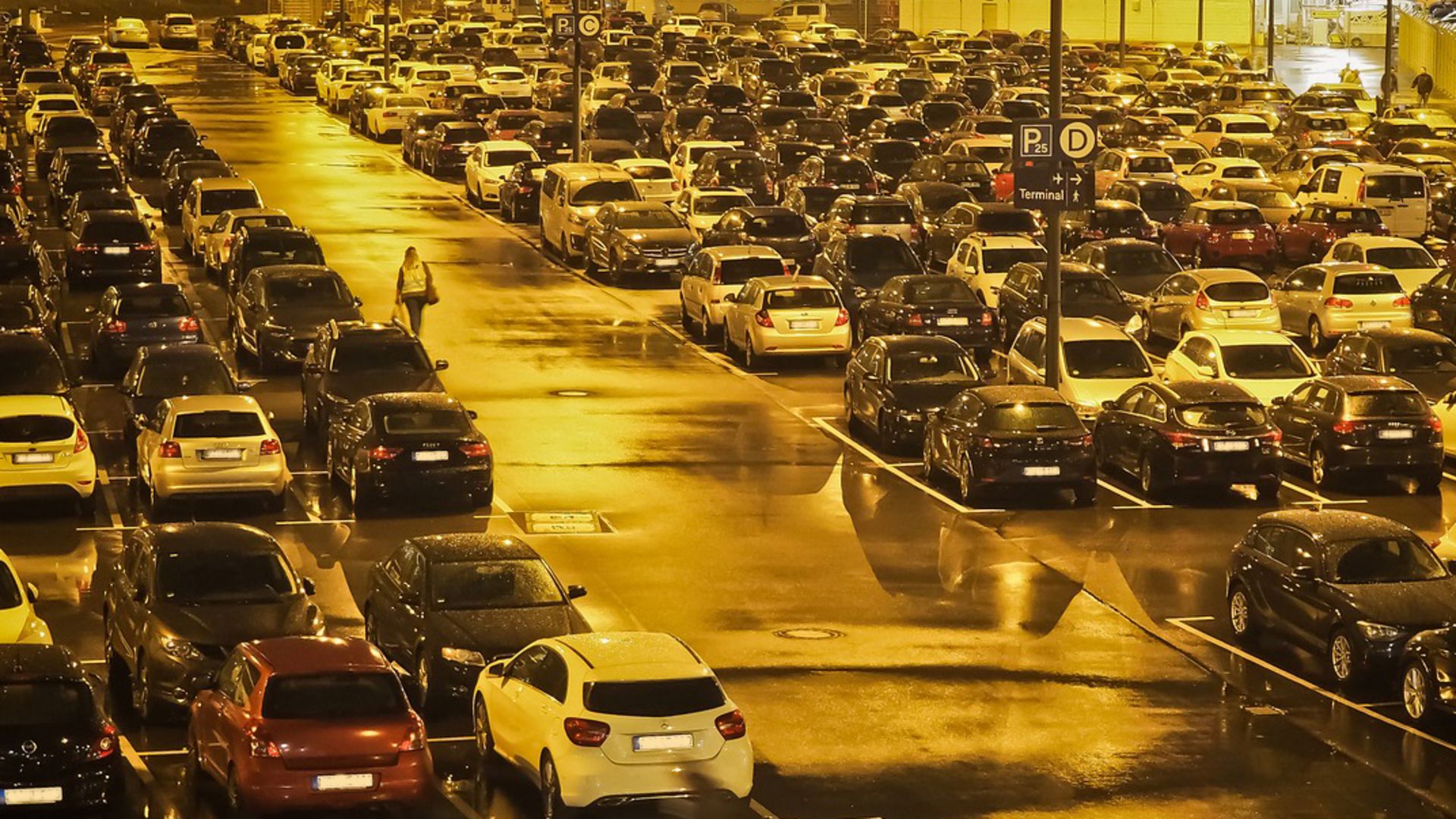
The car insurance industry estimates that more than 1,000 low-speed collisions occur on UK roads every day. That’s an awful lot of bumps and scrapes.
And despite the lack of speed, the average repair bill for these incidents, where they are reported, exceeds £1,500.
The issue is partly to do with the size of parking spaces, and the increasingly large cars we try to squeeze into them. Legally, a parking space can be between 7ft 6in (around 2,300mm) and 8ft 10in wide (just under 2,500mm), but most are closer to the minimum.
Compare that to the width of a typical family hatchback – 5ft 9in, or 1,800mm – and you don’t have much room left either side of the car to work with, both for parking and getting out.
Tips to prevent parking damage

We all want to avoid parking prangs, so read on for our quick guide – including some tips from GEM Motoring Assist.
Mirrors
The first thing you should do, when it comes to driving in general, is make sure your mirrors are set correctly. Maximise what you can see and you’ll be a better driver – and better at parking.
Spacial awareness
Cars come in all different shapes and sizes, so familiarise yourself with your vehicle. Know where its extremities are, and learn what it can do in terms of turning radius.
Take your time
Parking safely is more important than doing so quickly. Plan your journey and allow time for parking. Aim to travel at times you know it won’t be busy. Have in your mind exactly where you’ll be able to park as easily as possible.
Don’t fight others for spaces, either. That’ll just put pressure on and increase the likelihood of tempers boiling over – not to mention an accident.

Use what you’ve got
Driver aids, such parking sensors, cross-traffic alert and a reversing camera can be hugely helpful, particularly in larger vehicles. Make good use of them and you can turn from a parking pariah into a space-saver overnight.
Clear view
Make sure all your windows, mirrors and cameras (if you have them) are clean, for ease of use. It’s no good having perfectly set-up mirrors if they are covered in road grime.
Reverse in, drive out
We suspect a great deal of those 1,000+ parking accidents each day are due to people are reversing out of spaces without due care or a clear view behind.
Avoid this by reversing into your desired parking space. That way, you can simply look ahead when the time comes to leave. If you must reverse out of a spot, do so very slowly and carefully, ideally with the guidance of a passenger or passer-by.
ALSO READ:
How to keep cool when driving in summer heat
How to buy the right tyres for your car
Yellow box junctions: what are the rules and how can I avoid a fine?